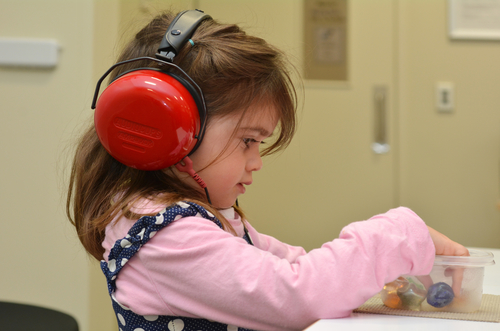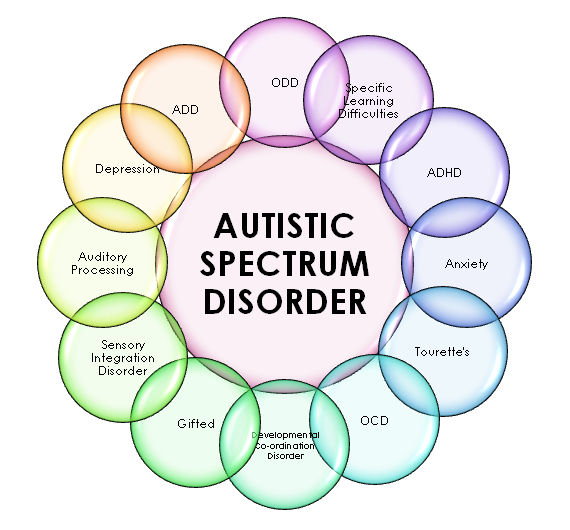How to Use Visual Supports for Social Skills Training
Many school students carrying the diagnosis of Asperger’s Syndrome exhibit challenges in the area of social interactions and social skills. These social difficulties are worrisome for parents and family members who look for supports to address these challenges. Struggles in the school setting often center on their child’s inability to “fit in” with other students or an inability to grasp social expectations from their teachers and peers. Additionally, their child’s feelings of high anxiety and stress can make the learning environment challenging for them and the people around.
Over time, I’ve listened to concerns from parents and teachers regarding a student’s lack of understanding when it comes to social situations in the classroom environment. This often leads to isolation and the need for behavior support.
There is information in the literature that suggests both adult and peer mediated techniques to teach and build social skills in children with autism.
Strategies that are directed by an adult include reinforcement of shaped social skills. This is a technique where the child is reinforced when they demonstrate closer and closer approximations of a desired behavior. Peer mediated strategies incorporate the use of proximity, prompts with reinforcement, and teaching peer initiation. The literature also supports using social scripts to capitalize on visual learning methods (Krantz and McClannahan 1993).
In my experience, I’ve observed how visual supports can be very beneficial in producing non-transient messages for the student to follow and use during social situations. When paired with direct instruction using ABA techniques like shaping and reinforcement, social skills training can be accomplished.
When you set out to develop visual supports, first perform an internet search to get some ideas.
Gabriela Lemos was born in Porto Alegre, Brasil, and was raised in San Antonio, Texas. She is currently a student at UTSA, graduating in December 2014 with a Bachelor degree in English. Brie states that she loves language and words, and the way in which people communicate with each other. She has always been interested and attracted to the autism community. “I find those on the spectrum to be incredible in so many ways, and I believe we can all learn from each other in our different strengths and weaknesses. I would love to use my talents to aid those who are not as strong in areas which I have confidence, and in turn receive an infinite amount of lessons and aid from those who I work with. Everything you send out, comes back to you, and I plan to practice sending out love and compassion every day”. We feel so fortunate to offer Brie’s talent of writing as well as her passion for autism awareness every week through our Aspergers101 Weekly.















